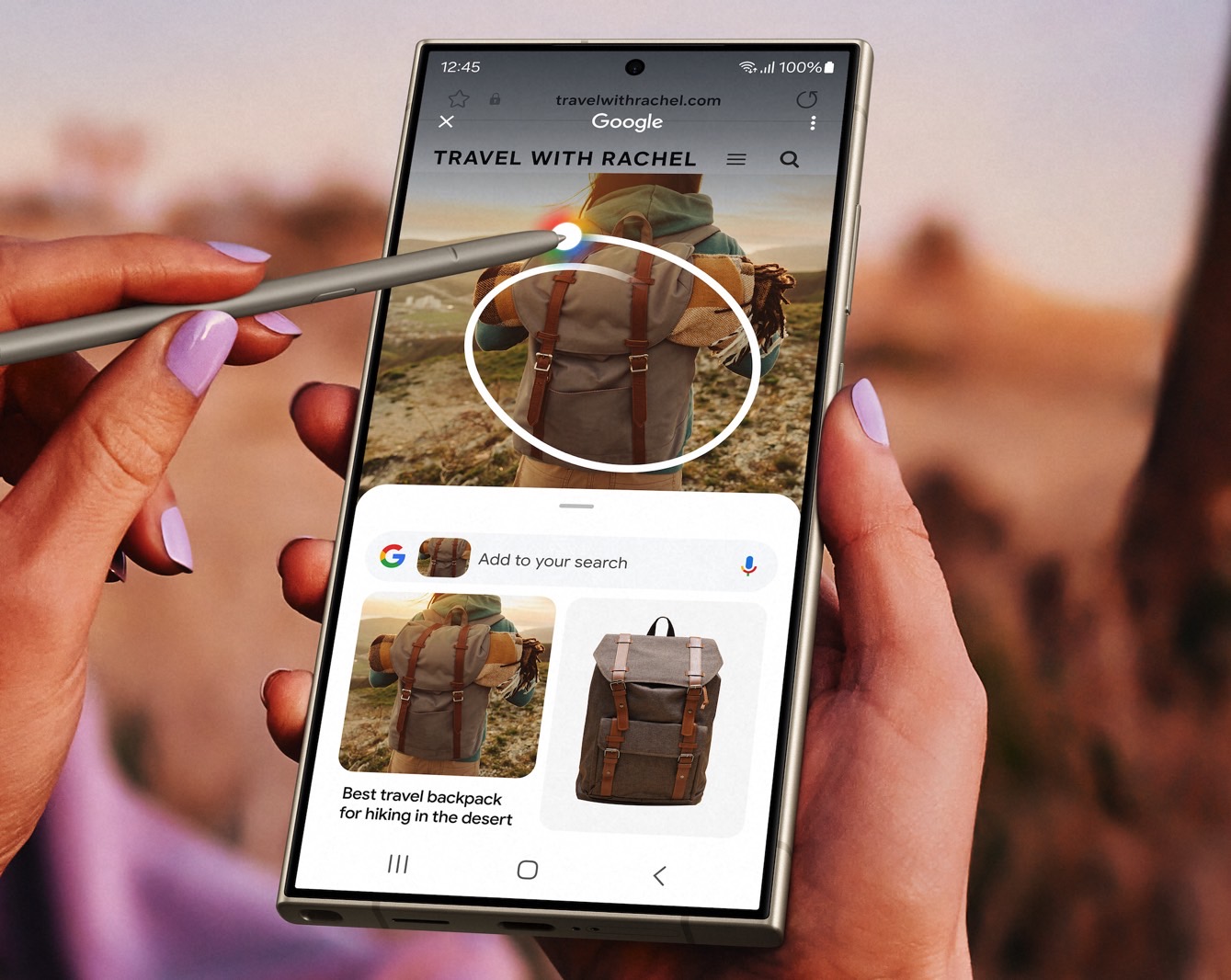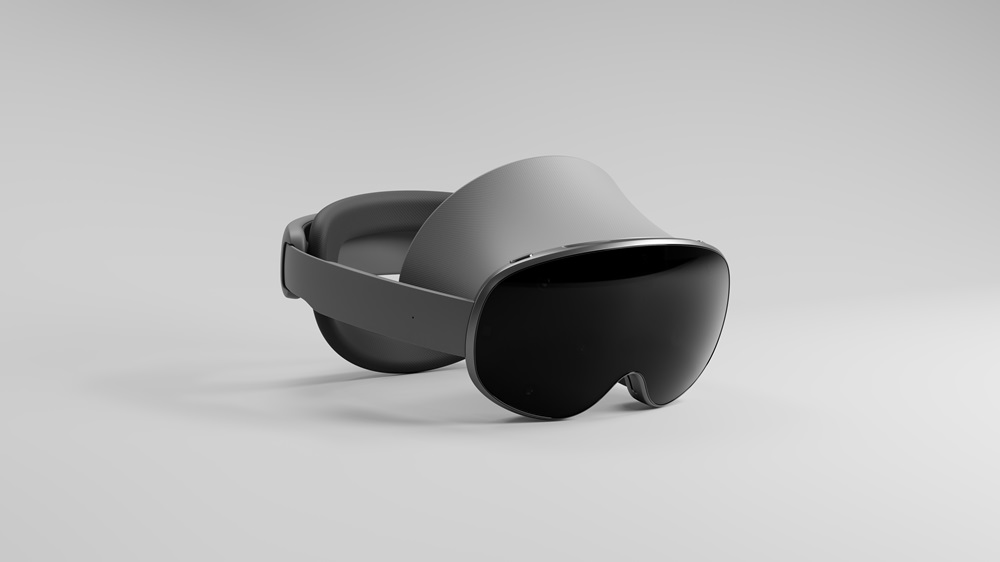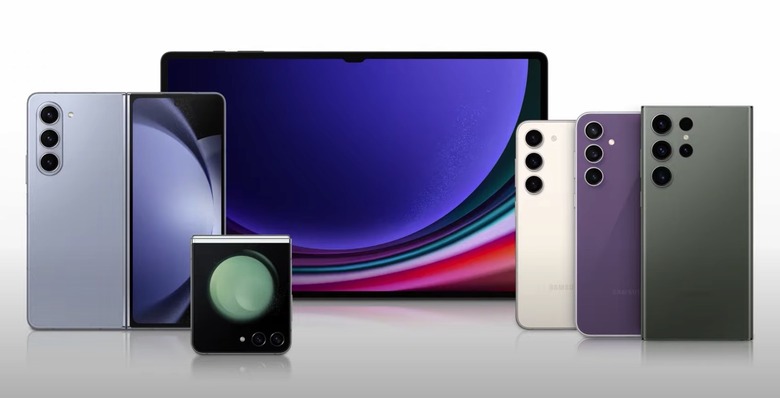Samsung Just Hallucinated That It Will Become The Global AI Leader In 2025
Samsung was the first big smartphone vendor to launch a flagship phone with AI at the core of its marketing efforts. Last year's Galaxy S24 series introduced the Galaxy AI suite of features. Samsung followed with the Galaxy Z Fold 6 and Flip 6, which got additional AI capabilities. Samsung then extended Galaxy AI support to older flagship devices. And in a few weeks, Samsung will launch the Galaxy S25 series, which should introduce even more Galaxy AI novelties.
But Samsung leadership is hallucinating worse than an AI program ever could about Samsung's global role in genAI. In a New Year's address, Samsung Electronics CEO and Vice Chairman Han Jong-hee and DS Division Vice Chairman Jeon Young-hyun addressed Galaxy AI, saying that Samsung should become the undisputed leader of device AI this year.
"Now is the time for bold innovation that goes beyond the existing success methods as we face an inflection point in AI technology," the execs said, according to a machine-translated Samsung release. "Let's establish ourselves as a clear device AI leader this year through advanced intelligence."
The goal of becoming the undisputed AI leader is noble. It's what you'd expect key execs to say ahead of a busy year when AI will continue to dominate the tech world. It's also something officials at other leading tech companies could say, considering AI is the main priority right now.
But Samsung is nowhere close to being a leader in AI, and I don't see it happening in 2025 either. The main problem with Samsung's Galaxy AI approach is that it doesn't have a meaningful model of its own to power the genAI tech on phones like the Galaxy S24 and S25.

Galaxy AI is a mix of AI technologies. Google's Circle to Search is a good example. Also, Galaxy S25 phones are rumored to come with free Google Gemini Advanced, Google's best version of Gemini AI.
I'll also point out that Samsung's upcoming XR devices, Project Moohan and unnamed AR smart glasses, will work on Google's Android XR platform, with Gemini playing a key role. I expect Galaxy AI to be part of the picture for both types of products because Samsung can't AI on its own.
Samsung doesn't have an alternative to ChatGPT or Gemini. If it is working on Bixby upgrades and Gauss upgrades, matching these AI models will take a long time.
Also, Samsung doesn't have a desktop presence. ChatGPT is my primary AI tool right now, and I use it across devices. Most of the time, I access it on my Mac rather than a mobile phone.
OpenAI and Google have better models. Meta, Claude, and Microsoft also have AI tools that are more advanced than Samsung's. Apple is working on a Siri LLM that will behave like ChatGPT and has incorporated ChatGPT into Apple Intelligence on the iPhone.
As for on-device AI, Samsung might have been the first to push AI on mobile devices with Galaxy AI, but it's not the only one. Google is doing it with Pixel phones and Android in general. Apple laid out an even better vision of on-device AI with Apple Intelligence this year, which Samsung doesn't appear to be able to match.

Apple Intelligence might be behind Galaxy AI and other rivals, but Apple has something rivals can't match: a massive base of devices that can use Apple Intelligence, and the list is growing rapidly. Once Apple Intelligence matures, Apple could very well become the undisputed device AI leader.
Speaking of Apple's AI vision, Samsung has yet to match what Apple wants to do with iPhones. It's not just about text and notification summaries, text generation, wallpaper generation, photo editing, and translation. It's about Siri becoming a more useful assistant by accessing on-device contextual information about the user.
Apple has a plan, at least; one that Samsung might follow. Samsung's Galaxy AI teasers during the Fold 6 and Flip 6 launch event revealed the company is working on a similar vision. But Samsung waited for Apple's Apple Intelligence reveal before it unveiled its own plans.
I'll also point out that Apple Intelligence is designed to offer more on-device AI features and better privacy for cloud-based AI than Galaxy AI can. Turn off Galaxy AI on your phone right now, and you'll lose many of its useful features. Samsung has yet to match Apple's Private Cloud Compute, a private cloud-based AI system.
What I'm getting at is that it'll take years for any company to become the undisputed leader in device AI. If that ever happens. And it's way too early for Samsung to call for that title, especially considering its massive reliance on partners like Google.
Also, suppose the Samsung execs only want the company to sell as many products that can run third-party AI programs within Galaxy AI. In that case, that still doesn't qualify as being the undisputed leader of device AI.
